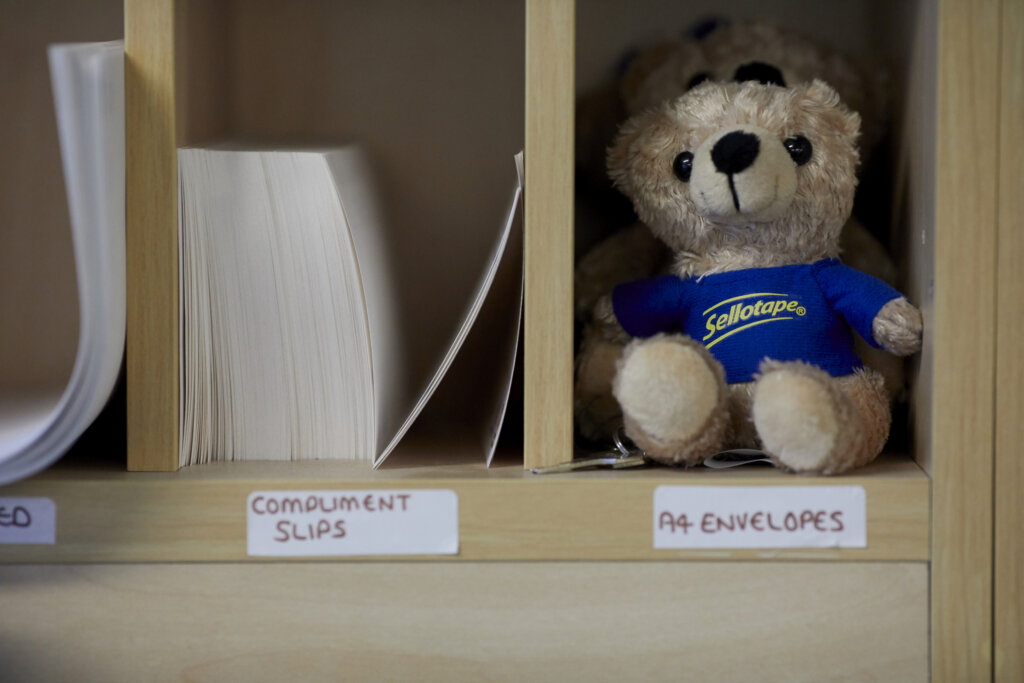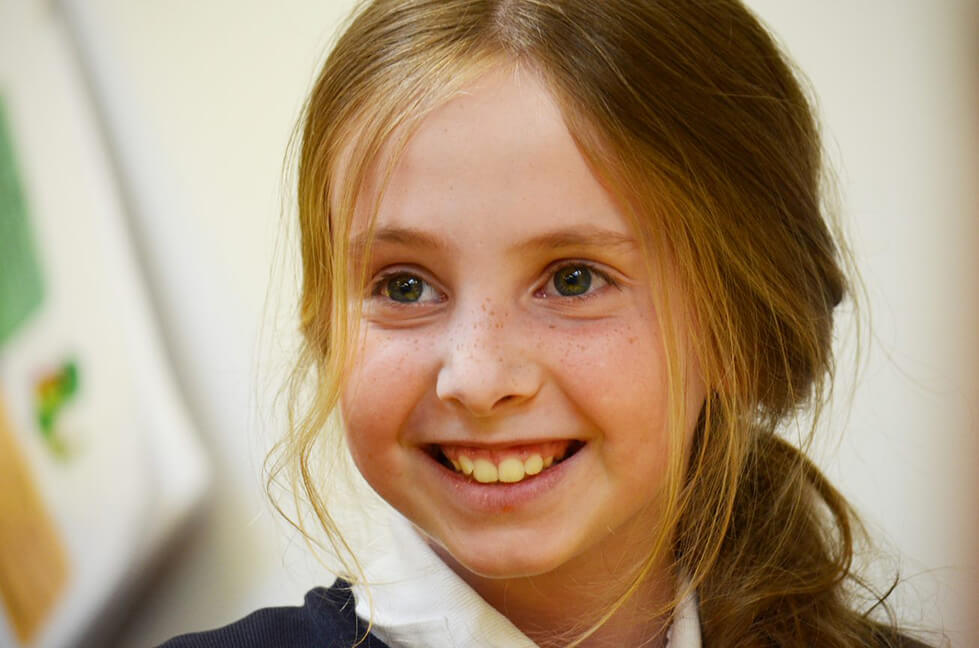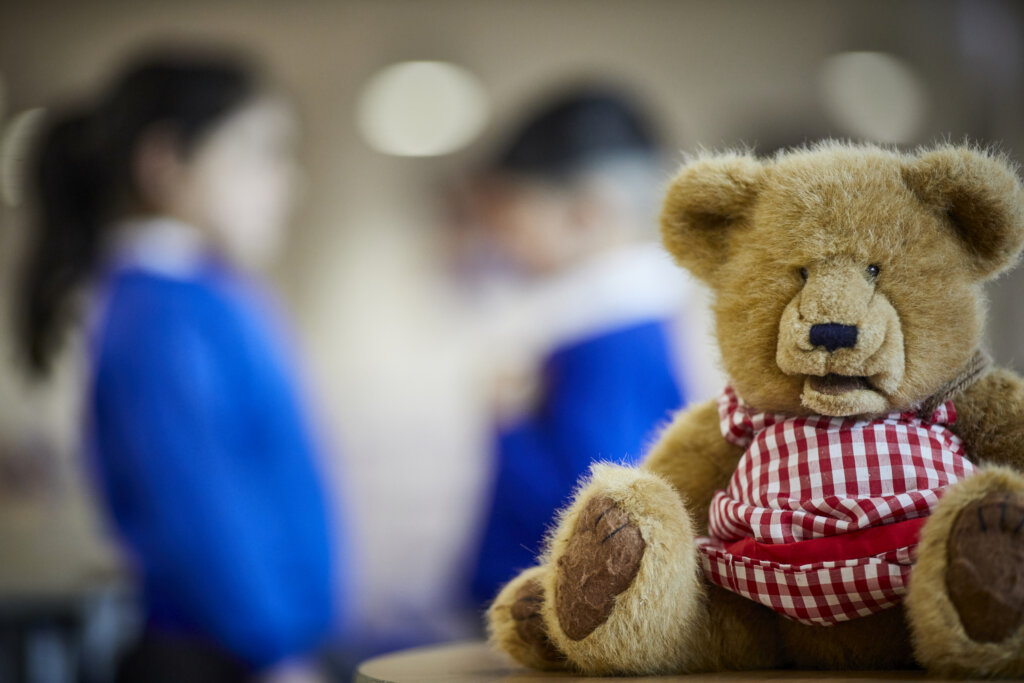Emotional Barriers To School Attendance Guidance

Gain access to free guidance and resources to support schools with emotional barriers to school attendance (EBSA).
Planning for change – October 2024
Editable – Planning for change – October 2024
Emotional Barriers to School Attendance Guidance – September 2024 – NEW
Emotional Barriers to School Attendance Guidance – September 2024 – NEW
One Education EP publishes research on whole school guidance for EBSN

Explore the recent research published by Sarah Ward, Educational Psychologist at One Education, which examines the implementation of whole school guidance for emotionally based school non-attendance.
One Education EP leads research on support for autistic female students

Learn about recent research published by Katie Ayirebi, Educational Psychologist at One Education, which explores what could be considered as effective support for autistic females in high school.
Working Memory
Working memory is an executive function of the human brain, it helps us to temporarily hold relevant information in mind whilst we complete a daily task.
Window of Tolerance
A useful psychological model for understanding the day-to-day experiences of children and young people (CYP), especially those who have experienced trauma, is the Window of Tolerance. This model is evidence-based, grounded in neuroscience theory (e.g., Porges, 2011).
Total Communication
The total communication approach is about finding and using the right combination of communication methods for each person. This approach helps an individual to form connections, ensure successful interactions and supports information exchanges and conversation.
Structured teaching approaches
Structured teaching approaches are teaching strategies designed to support autistic students. These approaches take into account common autistic traits and can be adapted to each specific
autistic student.
Dyslexia
Dyslexia is a learning difference that impacts the processing of language, such as word reading and spelling. Common strengths of those with dyslexia are problem solving, creative skills, interactive skills, oral skills and design (BDA, 2010).












